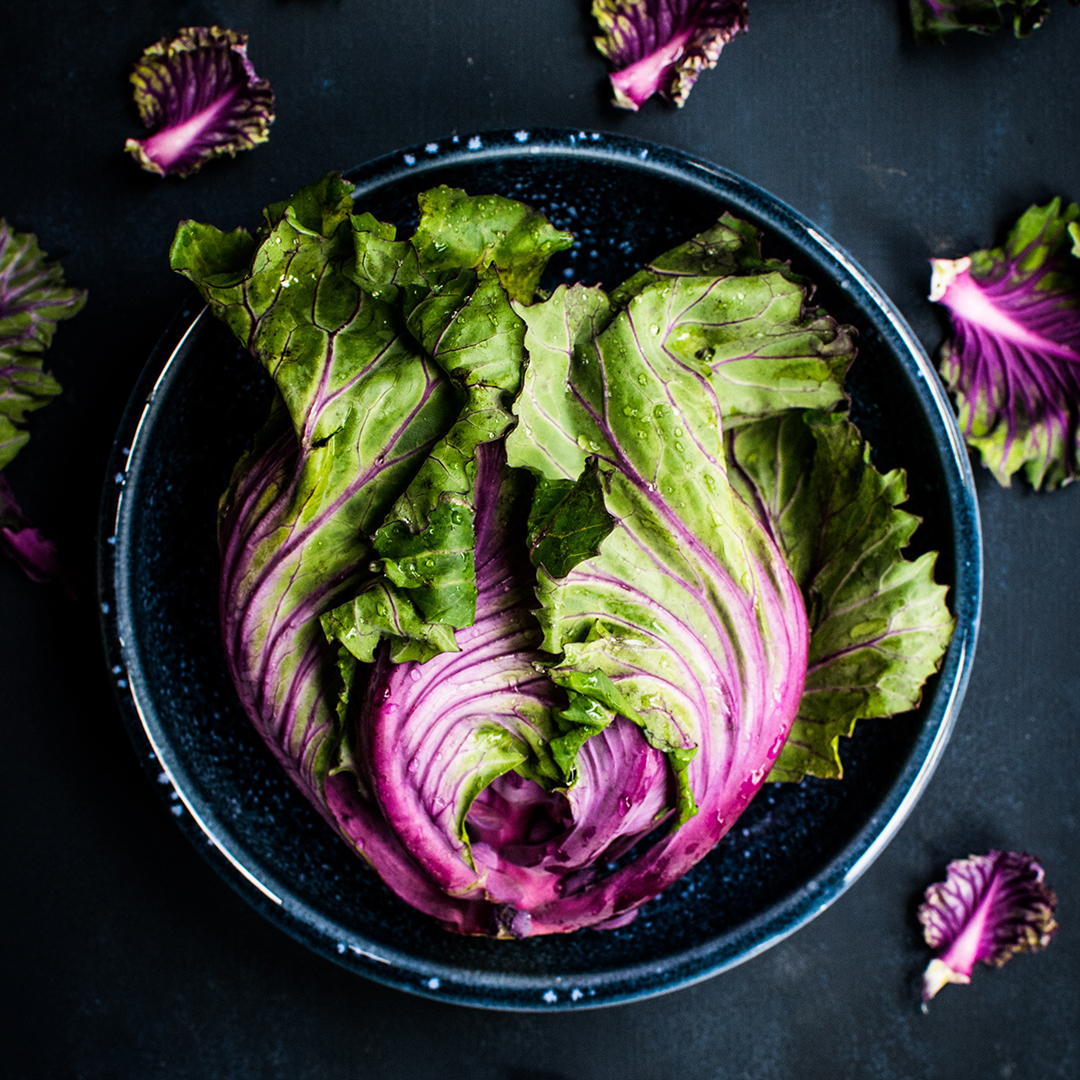I’m delighted to see the growing global shift from fast food consumption to embracing whole foods. More and more communities are cultivating vegetables and fruits in public spaces, creating shared resources for all. The urban gardening movement has gained momentum worldwide, promoting not only free food but also the importance of locally sourced, organic produce over non-seasonal imports from distant regions.
While not all cities have the space for such initiatives, there’s a notable rise in farmers’ markets and wholefood supermarkets offering locally grown organic produce. Urban renewal projects are also transforming rooftops into productive gardens, growing vegetables and bee-friendly fruit trees.
However, increasing the availability of whole foods doesn’t automatically generate demand. Food advocates face challenges in encouraging those with poor health to shift toward whole foods. For years, society viewed sugar as an essential energy source without considering its health impact. Even now, despite mounting evidence, many people consume 20 to 30 teaspoons of sugar daily. Decades of reliance on processed foods have resulted in a dramatic rise in lifestyle-related illnesses globally.
My mission is to demonstrate how whole foods can be used for healing. I believe that increasing access to whole foods, combined with education and media awareness, can transform society’s mindset and inspire a collective embrace of the whole foods revolution.

